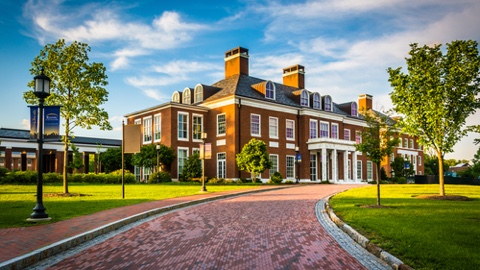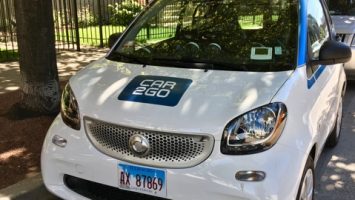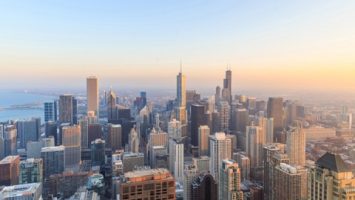
The University of Maryland, College Park, is partnering with The University of Baltimore, the Center for Government Excellence (GovEx) at Johns Hopkins University, and Morgan State University to investigate how to turn Baltimore into a smart city. Backed by a $100,000 National Science Foundation grant, the project – focusing on the area of West Baltimore – aims to create a road map for city policymakers as they work to increase residents’ quality of life.
The team will evaluate how to couple existing resources, such as fiber back haul, with new innovations to create a pilot smart community. They plan to provide Wi-Fi and look at how to enhance school technologies, improve health service delivery, ease traffic congestion, elevate public safety initiatives, and increase public transportation access. The mayor’s office, Baltimore City Planning, Baltimore Department of Transportation, Maryland Transit Authority, Mt. Royal Community Development Corporation, and Upton Planning Committee will also be involved in the study.
“We know from other places that new technologies can enhance the quality of life of city residents,” said Gerrit-Jan Knaap, project lead and director of the University of Maryland’s National Center for Smart Growth. “How to do that in Baltimore in an equitable and effective way is what this study is intended to identify.”
Importantly, the project will involve West Baltimore residents to better understand which technologies would improve their quality of life and to use these insights when designing the city’s strategic plan.
“The opportunity to use community-based knowledge and data to best deploy and integrate smart technology in our neighborhoods is exciting,” said Seema D. Iyer, who oversees the Baltimore Neighborhood Indicators Alliance at the University of Baltimore. “Many of our neighborhoods are looking for ways to address entrenched issues while building capacity to use technology to do so.”


